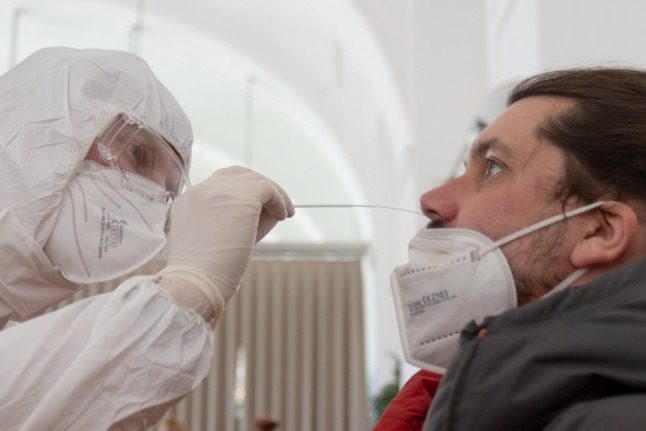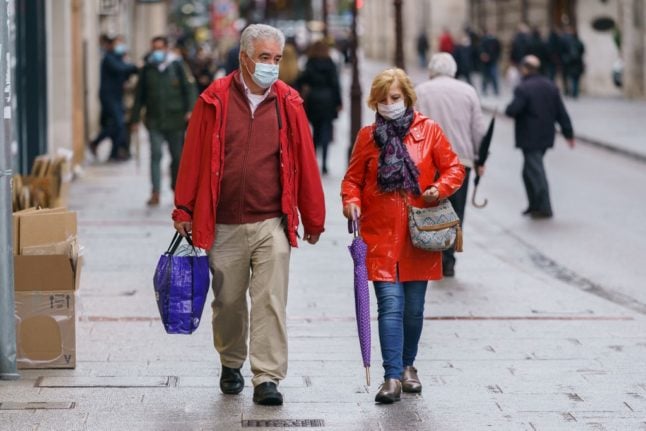The team tested 27 people who had been confirmed to have the virus at several points over a 12-month period, and all showed a robust immune response throughout that time.
“Those who have recovered are immune,” study author Florian Deisenhammer told news agency APA. “We can be very, very sure that we will get rid of the problem via immunity.”
He added that: “We can reassure society. The immune system works. One is immune.”
“It is much easier and safer to achieve immunity through vaccination alone because it is faster and avoids possible long-term consequences of the disease,” he added.
Two of the members of the study came in direct contact with people who were infected during the course of the year, but did not suffer reinfection.
Deisenhammer said that the immune response of recoverees who have had a single jab would be even more impressive.
He said these people would have an “absolute, almost one hundred percent certainty” that they will no longer be infected.
“The antibody measurements speak a clear language: you experience an enormous immune reaction if you been revaccinated between six and twelve months after recovery. Vaccinated people simply record an enormous increase in antibodies.”
SEE ALSO: ‘Seven percent of Austrians infected with coronavirus’ since pandemic began



 Please whitelist us to continue reading.
Please whitelist us to continue reading.
Member comments